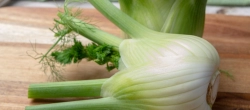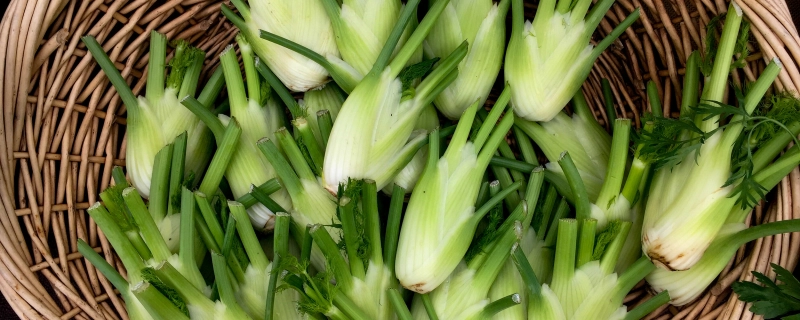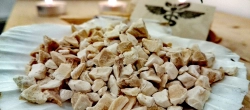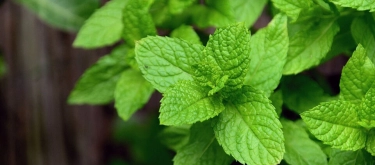Fennel: Taste, Uses, Benefits and Harm
Fennel is a flowering plant known for its slightly sweet, aromatic flavor that resembles anise. Both its seeds and bulb are commonly used in cooking, offering a unique profile that adds depth and complexity to a wide range of dishes. Popular in Mediterranean and Middle Eastern cuisines, fennel brings both fresh and toasted flavor profiles, depending on the preparation.

Fennel has a mildly sweet and licorice-like flavor with subtle earthy and herbal undertones. Its fresh, crisp texture in raw form and warm, slightly nutty character when cooked make it versatile for culinary use.
- Taste: Sweet, with prominent anise or licorice notes; earthy and herbal undertones when toasted or roasted.
- Aroma: Strong and aromatic, similar to licorice with a touch of sweetness.
- Texture: Crunchy and crisp when raw (in bulb form), while fennel seeds are slightly firm but soften and release oils when toasted.
In-Depth Flavor Analysis of Fennel
Fennel’s flavor complexity is due to anethole, the same compound found in anise and star anise, responsible for its sweet, licorice-like taste. This natural sweetness is balanced by herbal, earthy notes that emerge when fennel seeds or bulbs are toasted or roasted. Fresh fennel bulbs add a crisp, slightly peppery note to salads and fresh dishes, while cooked fennel develops a warm, nutty flavor that complements savory dishes. The aroma intensifies with heat, releasing a warm, slightly spicy scent.
How Can Fennel Be Used in Cooking?
Fennel’s unique flavor profile makes it suitable for both sweet and savory dishes:
- Salads: Thinly sliced raw fennel bulb adds a refreshing crunch to salads, pairing well with citrus, apple, or greens.
- Roasting and Sautéing: Roasted fennel bulb brings out its sweet, nutty flavor, complementing root vegetables, poultry, or fish.
- Fennel Seeds: Used as a spice in bread, sausage, or marinades, adding warmth and complexity to the dish.
- Soups and Stews: Fennel adds depth and mild sweetness to soups, especially seafood or vegetable-based broths.
- Tea: Fennel seeds can be steeped to make a soothing, slightly sweet tea with digestive benefits.
Health Benefits of Fennel
Fennel is rich in nutrients and offers several health benefits:
- High in Fiber: Supports digestion and promotes gut health.
- Antioxidant Properties: Contains flavonoids like quercetin that help reduce oxidative stress.
- Supports Digestion: Known for its ability to reduce bloating and improve digestion, often used as a natural remedy for digestive discomfort.
- Rich in Vitamin C: Supports immune health and skin health.
- Anti-inflammatory Effects: Contains compounds that may help reduce inflammation in the body.

Are There Any Precautions When Consuming Fennel?
While fennel is generally safe, consider the following:
- Allergies: People with allergies to plants in the carrot or celery family should exercise caution.
- Moderation: Due to its strong flavor, excessive consumption of fennel seeds may cause digestive discomfort in sensitive individuals.
How to Choose and Store Fennel?
- Choosing: Look for firm, white bulbs with fresh green stalks and fronds. Fennel seeds should be aromatic and free of dust or discoloration.
- Storage: Store fennel bulbs in the refrigerator for up to a week. Fennel seeds should be kept in an airtight container in a cool, dry place.
Fun Facts About Fennel
- Ancient Remedy: Fennel has been used since ancient times for digestive health, with records of its use in Egypt and Rome.
- Culinary Versatility: Fennel is one of the few plants where the entire bulb, seeds, and fronds are edible and flavorful.
- Historical Symbolism: In ancient Greece, fennel symbolized victory and courage, making it a highly valued herb.









